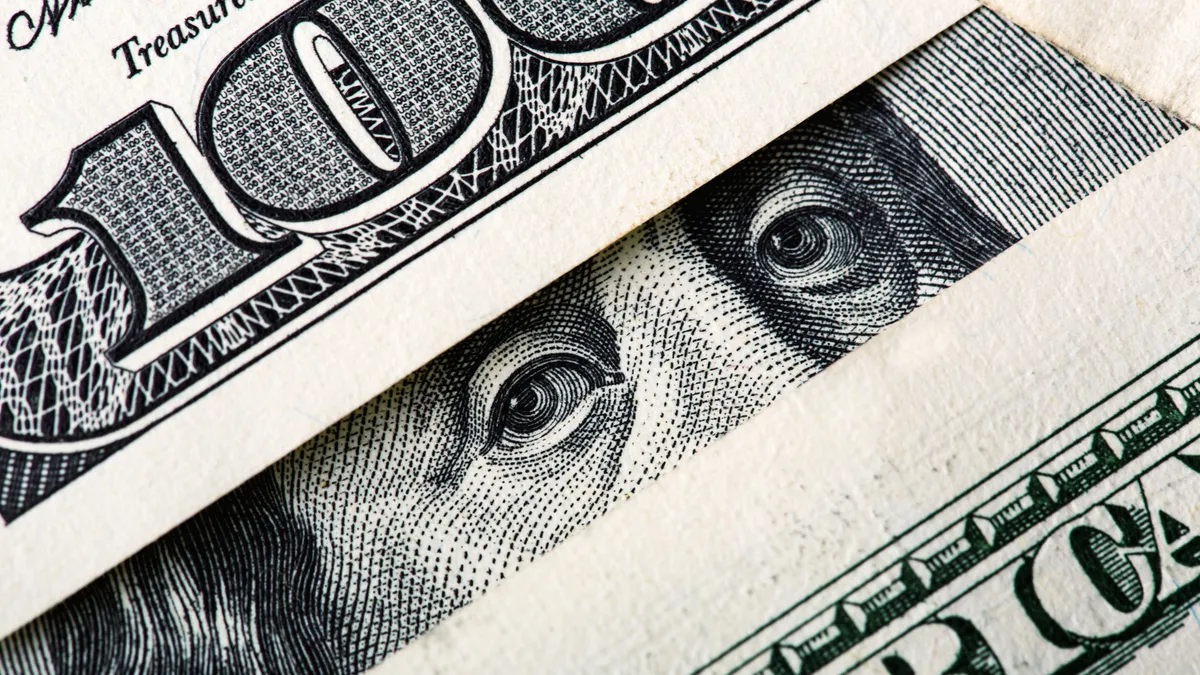Dive Brief:
- One of the first champions of 401ks, Herbert Whitehouse, told the Wall Street Journal that the retirement savings plans were supposed to supplement company pensions. Instead, companies replaced defined-benefit pensions with less costly, market-driven 401k plans, something he and others didn’t anticipate.
- Whitehouse and other early 401k proponents said they regret that the tax-deferred program they created is the dominant way Americans now save for retirement. The Wall Street Journal reports that just 13% of workers have defined-benefit pension plans, compared with 38% in 1979.
- The Wall Street Journal says that the regrets of early 401k supporters have generated debates about how Americans can save more for retirement. Of all eligible U.S. workers, 61% are saving but haven’t calculated how much they’ll need in retirement, according to a study by the Employee Benefit Research Institute and Greenwald & Associates, a market researcher.
Dive Insight:
Workers might prefer defined-benefit pensions -- with their guaranteed lifetime payouts – over market-driven (read: uncertain) 401k plans. But employers aren’t likely to go back to offering costlier life-long pensions.
The challenge for midsize to large employers is how to get employees to save more for retirement and whether employers should raise their plan contributions as an incentive. Financial analysts recommend retirement savings of eight times a worker’s wages, says the Wall Street Journal.
Small employers have an even bigger challenge: many can’t afford to offer their workers a retirement savings plan of any kind.
As tax-deferred plans, a 401k still can be a worthwhile benefit for attracting job candidates and retaining employees. Employers can help workers better understand their retirement savings plans by sponsoring in-person or virtual workshops led by financial experts.












